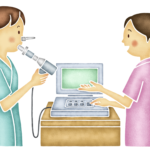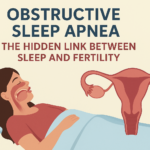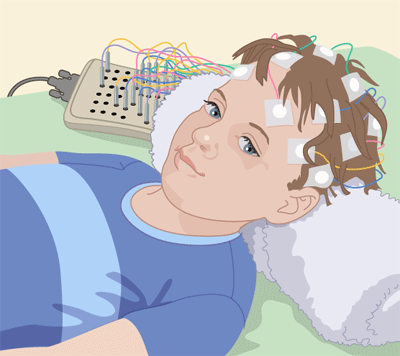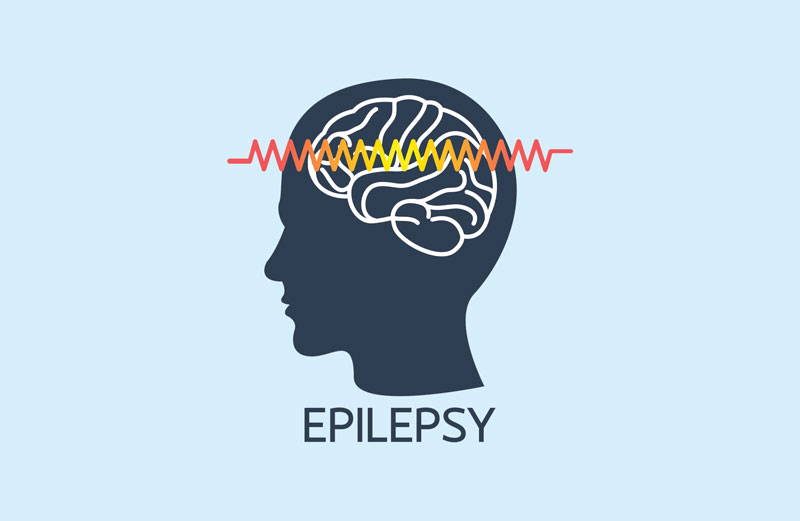June 10th 2021|| Bone Health, Chronic Epilepsy
Introduction
Epilepsy is one of the most common neurological disorders that causes seizures. It is estimated that more than 12 million people in India are afflicted by it. Epilepsy is very manageable through appropriate treatment strategies. Most commonly used are Anti Epileptic Drugs (AEDs). While the primary goal of Epilepsy treatment is to control the seizures, the long term secondary effects of AEDs have been implicated in negative bone health.
How do AEDs affect bone health?
AEDs such as phenytoin, phenobarbital, carbamazepine and primidone have been seen to cause bone associated disorders. These drugs seem to induce hepatic P450 enzyme indirectly, which increases the catabolism of vitamin D and leads to secondary hyperparathyroidism. Some AEDs also inhibit the cellular response to parathormone, impair calcium absorption and affect osteoblasts, which are the cells that secrete bone tissue. This leads to bone remodelling and can cause poor bone health.
What are the early signs of poor bone health?
One of the early signs of poor bone health is Osteomalacia, that is increased deposition of unmineralized bone, leading to soft and weak bones.
A person taking AEDs is two to six times more likely than the average person to suffer from factures. The person also has a high risk of suffering from:
- Osteoporosis
- Osteopenia
- Decrease in bone marrow density
- Reduced bone quality
- Hypocalcemia
- Hypophasphatamia
- Biologically low level of Vitamin D
- Hyperparathyroidism
How does one investigate their bone health?
The Indian Epilepsy Society guidelines for the management of epilepsy in India recommends that persons undergoing AED therapy must undergo serum calcium, alkaline phosphatase and other tests of bone metabolism every year, especially for those who are getting treated with enzyme inducing drugs.
The other routine tests that must be performed include checking serum phosphorus levels, parathormone levels and Dual Energy X-ray absorptiometry (DEXA) scan.
Treatment and management of Bone Health
The Indian Epilepsy society warns of poor bone metabolism as a side effect of the drug ‘Phenytoin’, hence, alternate drugs must be used for the treatment of people who have preexisting bone conditions.
- The treatment of poor bone health is carried out with appropriate amounts of calcium supplements and Vitamin D supplements.
- Patients are also recommended to engage in regular exercise especially including weight bearing exercises to improve bone health.
- Patients are also advised to avoid smoking, alcohol and highly caffeinated drinks.
Women, AEDs and Bone Health
With a decrease in hormonal levels, post-menopausal women are at an increased risk of suffering from osteoporosis and bone fractures. The effects of AEDs on such women exacerbates the negative bone health and can causes sever osteoporosis and fractures and hence, women need to take extra care regarding their bone health.
Conclusion
While the AED therapy is life saving and has considerably helped to improve the life of people with Epilepsy, it also has some secondary long term effects such as poor bone health. However, these side effects can be managed with calcium and vitamin D supplements as well as lifestyle changes. A person with epilepsy undergoing AED therapy must regularly be in contact with their doctor and routinely assess their bone health.
To seek help or know more about how to Bone Health and Chronic Epilepsy Treatment, you can visit the Neurology and Sleep Centre, the 1st sleep centre in the country accredited by Indian Board of Sleep Medicine at L-23, Hauz Khas Enclave, New Delhi, Delhi-110016 (INDIA)
Or give a call on +91-11-46070321, +91-9643500270,
References:
Fahmy, E. M., Rashed, L. A., Ismail, R. S., Helmy, H., & Mekkawy, D. A. (2018). Evaluation of bone health among epileptic patients using biochemical markers and DEXA scan: an Egyptian study. The Egyptian journal of neurology, psychiatry and neurosurgery, 54(1), 1-8.
Singla, S., Kaushal, S., Arora, S., & Singh, G. (2017). Bone health in patients with epilepsy: a community-based pilot nested case–control study. Annals of Indian Academy of Neurology, 20(4), 367.











